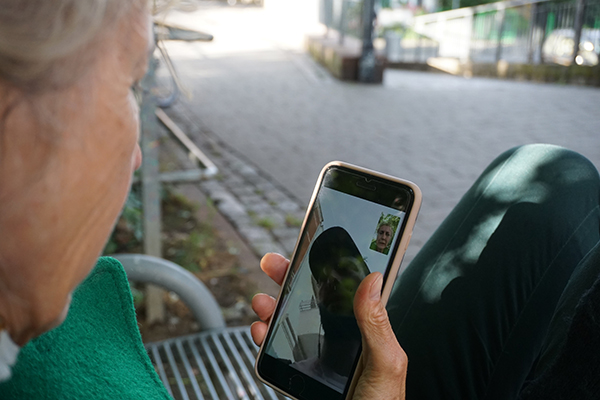Individual Counseling Insights brought to you by California Psychotherapeutic Resources, Inc.
In our everyday life we usually go merrily along, making mundane decisions about shopping or taking the kids to school or getting ready for work with hardly a second thought. All along we think we’re freely making our choices based on what’s best for the moment. But “free will” is more than just a topic for philosophy courses in college. In reality, we are often driven by forces we rarely think about.

Writing for Psychology Today, Melanie Greenberg, Ph.D. says that in many circumstances primitive brain functions often take control. “When your brain perceives a threat,” she says, “a structure called the amygdala hijacks the brain into emergency mode. The thinking centers of your brain, located in your prefrontal cortex, go partially or fully offline, and the primitive, emotional brain takes over. The primitive, emotional centers of your brain are hardwired to create a ‘fight, flight, or freeze’ response when they perceive a threat to your survival.
“Adrenaline and cortisol flood the nervous system, leading your blood pressure to rise, your breathing to get shallower, and your heart to beat faster. Your thoughts speed up, and you feel a strong urge to do something right now. Alternatively, your brain’s ‘freeze’ response, modulated by the parasympathetic nervous system, may cause you to freeze in your tracks.”
For anyone who has endured two years of pandemic stress — that is, for all of us — understanding how we’ve often reacted without thinking is a good first step toward willfully and freely acting to reduce two years’ worth of accumulated stress. Greenberg offers five steps to get you going.
“Notice when you are getting triggered.” Even as we move into the post-pandemic world — what some people are calling the endemic stage — there are situations that can cause us stress. If you’re attending an indoor event surrounded by hundreds or even thousands of people, you may feel uneasy. The trick is to recognize the symptoms that may indicate your primitive, reactive brain is about to take control. “You may notice physiological signs,” Greenberg says, “like feeling hot and sweaty, your face getting flushed, breathing becoming shallower, or your heart beating faster. You may feel a rush of anxiety, or your thoughts may speed up. You may be stuck in a fearful way of thinking and unable to see a different perspective. You may feel panicky and want to act impulsively.” Simply noticing these reactions is the first step toward regaining control.
“Focus on your senses or your breathing.” Once you notice involuntary reactions, it’s time to take control. Do so by focusing on physical sensations. Consciously reflect on your body or your senses — your feet touching the ground, your rate of breathing and whether it’s shallow or deep, the smell of food. Getting in touch with your senses allows your brain to recognize that you are not in danger.
“Reach out to a friend or family member.” Although we are often driven by automatic physiological responses, we as humans are also in the unique position of understanding to a degree how we are driven and then consciously use some automatic responses to our advantage. For example, we know through the study of attachment theory that simply being in the presence of a loved one can have a calming effect. Recent research also suggests that we do not have to be physically present with another to benefit — interacting with someone by Facetime or other technological means can also be helpful.
“Make a wise choice.” Once you’ve calmed yourself, you’re in a state where you can choose a course of action. Realize, though, that the best choice in a given circumstance may not come without risks. Sometimes you’ll need to choose the least bad action — that’s life.
“Decide what level of risk you are willing to tolerate.” One thing we’ve learned over the last two years is that there are other risks to our health besides contracting Covid. Damage to our mental health is just as real as damage from a virus. There is risk in everything from grocery shopping to driving a car — thinking about risks rationally will help you make decisions you’re comfortable with.
Read more of Greenberg’s article here, including more in-depth descriptions of our bodies’ physiological responses to danger.